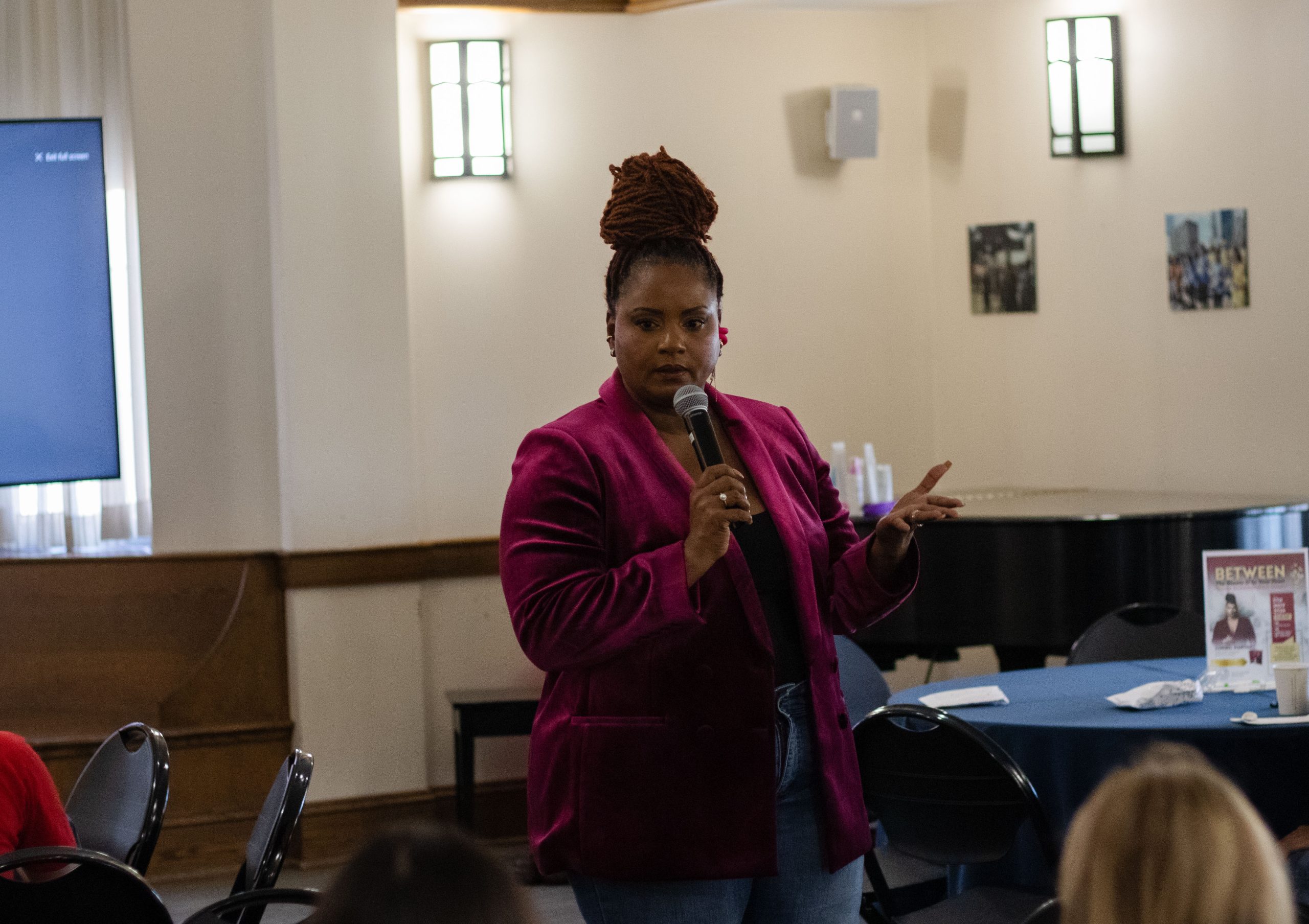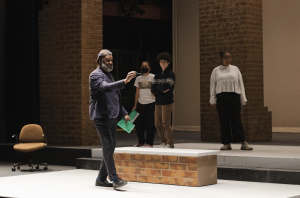Lily Mellitz ’26
Executive Features Editor
On Nov. 5, 2024, Trinity College welcomed author, licensed clinical social worker, sex therapist, business owner and CEO Soribel Martinez for an engaging talk titled Between the Sheets: Exploring How Your Surroundings Shape Your Intimate Connections.
“There are many different types of intimacy,” Martinez began. “Emotional, physical, intellectual, and experiential.”
Emotional intimacy refers to the connection fostered by sharing one’s thoughts, vulnerabilities and dreams, creating a deep sense of trust between partners. When partners communicate openly about their feelings and life experiences, they form a strong emotional bond. Physical intimacy, while it includes sexuality, is not confined to it. Holding hands, gentle touches and simple acts of affection are also ways to express physical closeness.
Meanwhile, intellectual intimacy develops through stimulating discussions and shared curiosity about life’s questions. Whether it’s through engaging conversations or learning together, intellectual intimacy fosters mutual respect and understanding. Experiential intimacy, perhaps less commonly discussed, grows from shared memories and activities that enrich a couple’s life together. Engaging in mutual interests, like cooking or hiking, strengthens the bond as partners create lasting memories and experiences.
Martinez also highlighted personal intimacy, an often-overlooked but crucial part of any relationship. “If you are not in tune with yourself, you will get lost in a relationship with someone else.” Knowing our preferences, boundaries, and passions fosters self-respect, helping us build connections with others.
“How many of you have a relationship with yourself,” Martinez asked. “What kind of things do you do to embrace a relationship with yourself? What else can you do to create a personal relationship for it?”
Martinez encouraged everyone to prioritize self-discovery, including physical self-awareness and understanding what brings them joy or discomfort.
“Know[ing] yourself more than you know others [is] not selfish,” Martinez said. “That is healthy.”
Intimacy in a partnership is ultimately about understanding the needs and perspectives of the other person. Martinez stressed that, for women, intimacy often involves emotional connection and thoughtful communication, while men may approach intimacy differently. She encouraged partners to discuss their needs openly and to view intimacy as an ongoing conversation rather than a single act. Small gestures, such as a caring text, a shared meal or a listening ear, can create a sense of intimacy that transcends the physical and enriches relationships over time.
Martinez also addressed the often-taboo topic of sexuality, emphasizing that a healthy view of sex includes a respectful approach to intimacy that acknowledges consent, openness, and communication. In many cultures, there are myths and restrictions surrounding sexuality that make conversations about intimacy difficult. According to Martinez, overcoming these myths involves open communication within the relationship and within one’s community, allowing individuals to explore their personal needs without fear of judgment or shame.
Lastly, Martinez underscored that building a relationship grounded in trust requires a commitment to personal growth and a willingness to explore beyond cultural expectations. Cultural norms often shape how people approach intimacy, which can sometimes limit the freedom to explore authentic connections. By questioning outdated standards and fostering environments that encourage healthy discussions about intimacy and sexuality, Martinez believes couples can build a bond that goes beyond societal expectations.






+ There are no comments
Add yours